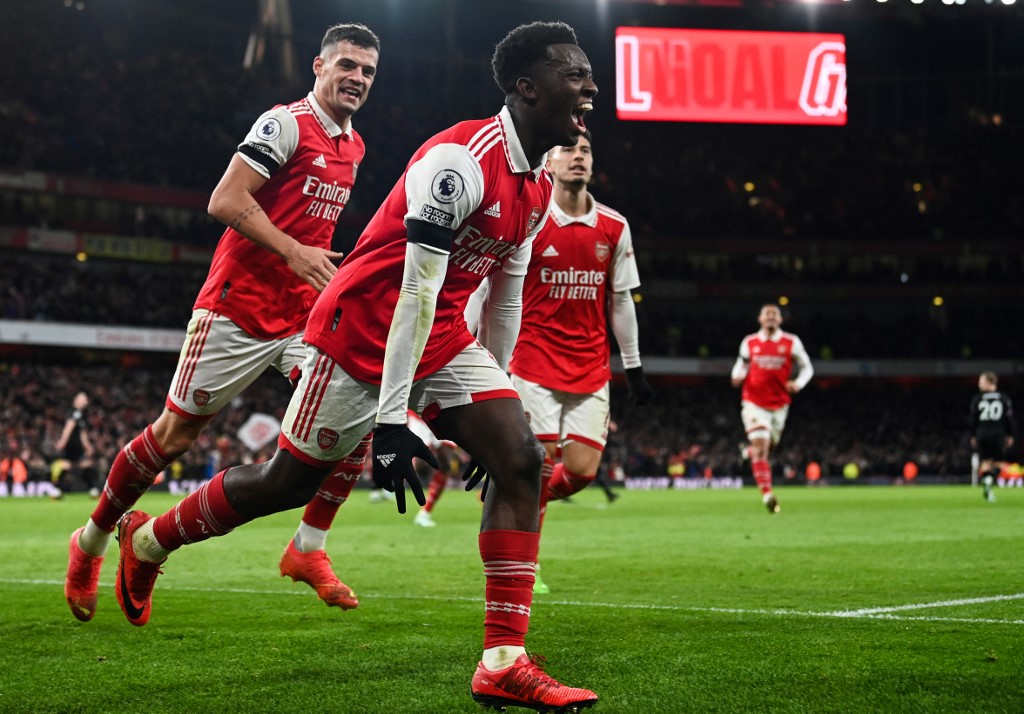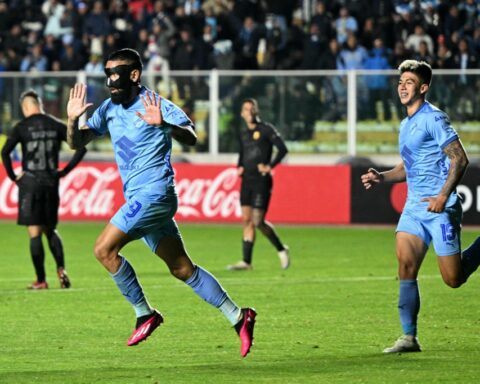Inflated capital gains during the sale of some players and salaries paid on a deferred basis: Juventus is accused by the courts of using accounting tricks to make up their accounts and several former leaders must appear in 2023.
Source: AFP
Here are the main aspects of the case, while the club will approve the 2021/2022 balance on Tuesday in deficit of about 240 million eurosbefore appointing a new board of directors on January 18, after the resignation of president Andrea Agnelli.
What is ‘Juve’ accused of?
The Turin public prosecutor asked on December 1 to refer Andrea Agnelli and 11 other leaders to justice, suspected of irregularities in the financial management of the club. The patron of the ‘Vecchia Signora’ since 2010 had anticipated this new judicial stage by resigning three days earlier along with the entire board of directors, including the vice president pavel nedved.
A preliminary hearing is expected in early 2023 in the context of this case opened last year.
The most successful Italian football club, which is listed on the stock market, is among other things accused of having manipulated the market by transmitting biased financial information to its investors in the period 2018-2021. In particular, registering “fictitious capital gains” during the sale of players and resorting to “maneuvers” to defer the payment of salaries during the covid-19 pandemic.
The Turin prosecutor’s office pointed out the “important differences between the balance sheets as they are approved and between as they should have been.”
Juventus always claimed having “acted in compliance with the laws and regulations governing financial communication”.
What are ‘fictitious’ capital gains?
At the center of the investigation is the practice of “false exchanges”, which are cross selling players between two clubs for little or no money paid.
Juventus multiplied these operations, for example with Barcelona in 2020 for the Brazilian’s cross transfers Arthur Melo (72 million euros) and the Bosnian Miralem Pjanic (60 million euros). Little money circulated but the effect was immediate on the accounts of the two clubs thanks to the notion of capital gains.
During a transfer, a player’s price is distributed to the accounts as redemption for the duration of his contract. But a possible capital gain on the sale can be recorded immediately. With Pjanic, Juventus would have thus targeted a great capital gain of 43 million euros.
The accusation values, however, that the club set exaggeratedly high values for certain players during sales in order to increase surplus value and artificially reduce your losses. The prosecutor’s office estimates these so-called “fictitious” capital gains between 2018 and 2021 at around 155 million euros, according to documents consulted by the agency AFP.
There remains the difficult, almost impossible task of setting an objective scale for the value of a player: the Italian sports justice had acquitted the 11 persecuted teams in April, including Juventus, but reopened the case in December.
What is the problem with wages?
The other alleged accounting trick Juventus is accused of involves agreements closed with the players to defer the payment of certain salaries during the pandemicin 2020 and then in 2021.
The club mentioned a “positive impact of 90 million” in its accounts after announcing an agreement not to pay four months of wages in the European spring of 2020. But the prosecution values that it should register the fact that it had committed in parallel , through private agreements with their players, to pay three of the four monthly payments later.
Juventus would have completed other private and secret agreements with its players, including one with Cristiano Ronaldo to whom Juventus still owe close to 20 million eurosaccording to the media.
What is Juventus risking?
Beyond possible judicial sanctions, the Italian Football Federation opened a new investigation into salary “maneuvering”, according to the Italian agency ansa. That could cost the club a new process and possible sanctions. (fine or loss of points).
UEFA also announced on December 1 the opening of an investigation into Juventus’ “alleged financial violations”.
The ‘Vecchia Signora’, after breaking the accounting rules of financial fair-play, closed a three-year plan in August to return to compliance with UEFA rules and risks a high fine and even exclusion from competitions Europeans if you don’t respect it.
This stress is added to open conflict that the Turin club maintains with UEFA since the announcement in 2021 of the Super Leaguea private competition project that Juventus does not deny, defending it together with Real Madrid and Barcelona.






